Whether you’re looking to buy traditional crafts or simply soak up the atmosphere, Lebanon’s old souks are definitely worth venturing into. We go on an adventure with culture enthusiast Nadine Chemali.
View this post on Instagram
Baalbeck
Dating back to the Ottoman period, Baalbeck’s authentic souk — made up of butcher shops, bakeries and spice shops — is not to be missed.
Try the raw meat at Abou Mhadi (+961 70 883468) and Lebanese desserts like nammoura with ashta at Al Jawhari Sweets (+961 8 370240). The sfiha is also delicious, and you can pick up some tasty tannour bread too.
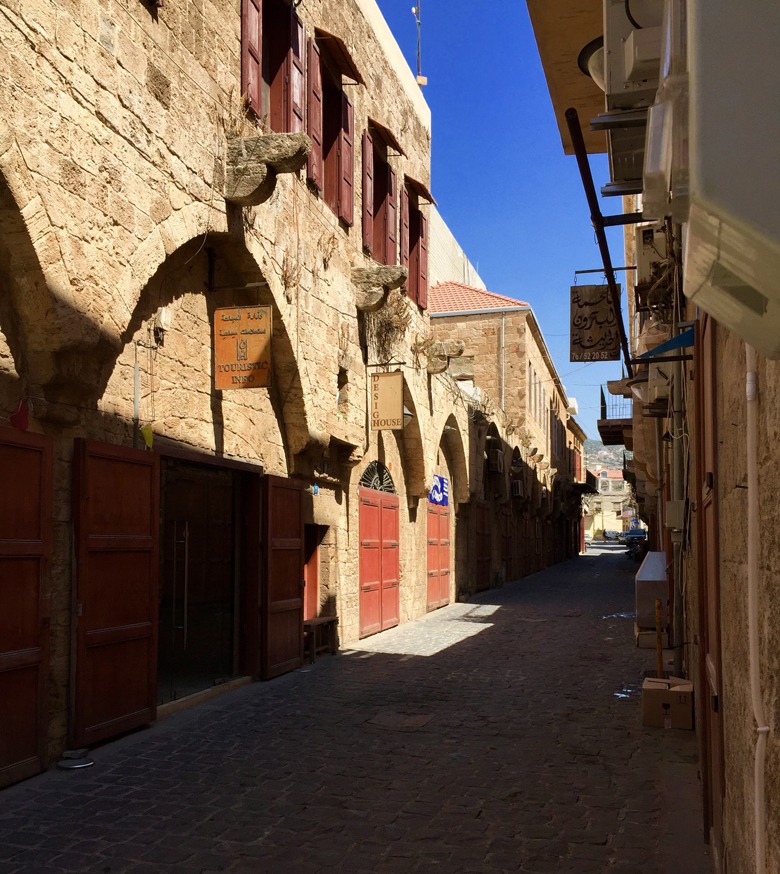
Photo – Road of Angels
Batroun
The old souk of Batroun is a pleasant cobblestone market with curved sandstone arches. It is made up of several lanes where old crafts are still practiced by tailors, cobblers and blacksmiths.
Refresh with a cold glass of lemonade from Hilmi’s (+961 70 173036) or Patisserie RIM (+961 6 740121) as you meander through the pretty streets.
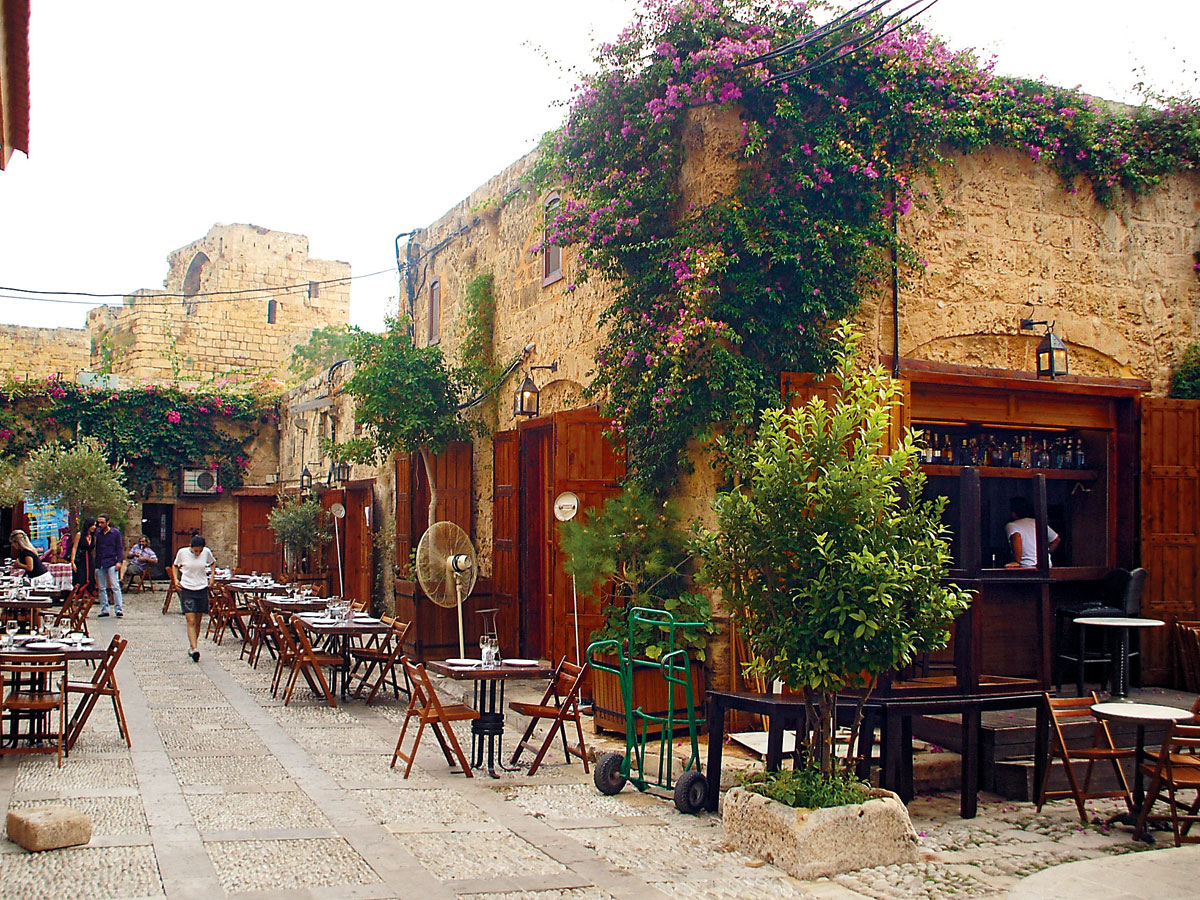 Byblos
Byblos
Built during the Ottoman era, the old souk of Byblos is one of Lebanon’s most famous tourist attractions. It is made up of small shops selling souvenirs, local crafts and antiques. There are also restaurants, cozy cafés and lively bars.
Interesting places to visit in the souk include: Memory of Time (+961 9 540555), a fossil museum; Byblos Wax Museum (+961 9 540463), highlighting scenes from the Phoenician era; Gibran’s Lebanon (+961 9 542226), showcasing books written by celebrated Lebanese authors like Amin Maalouf, Alexandre Najjar and Gibran Khalil Gibran; Eddé’s Herbs (+961 3 742332), where you can find aromatic herbs and spices; and the 12th-century cathedral of Saint John Mark.
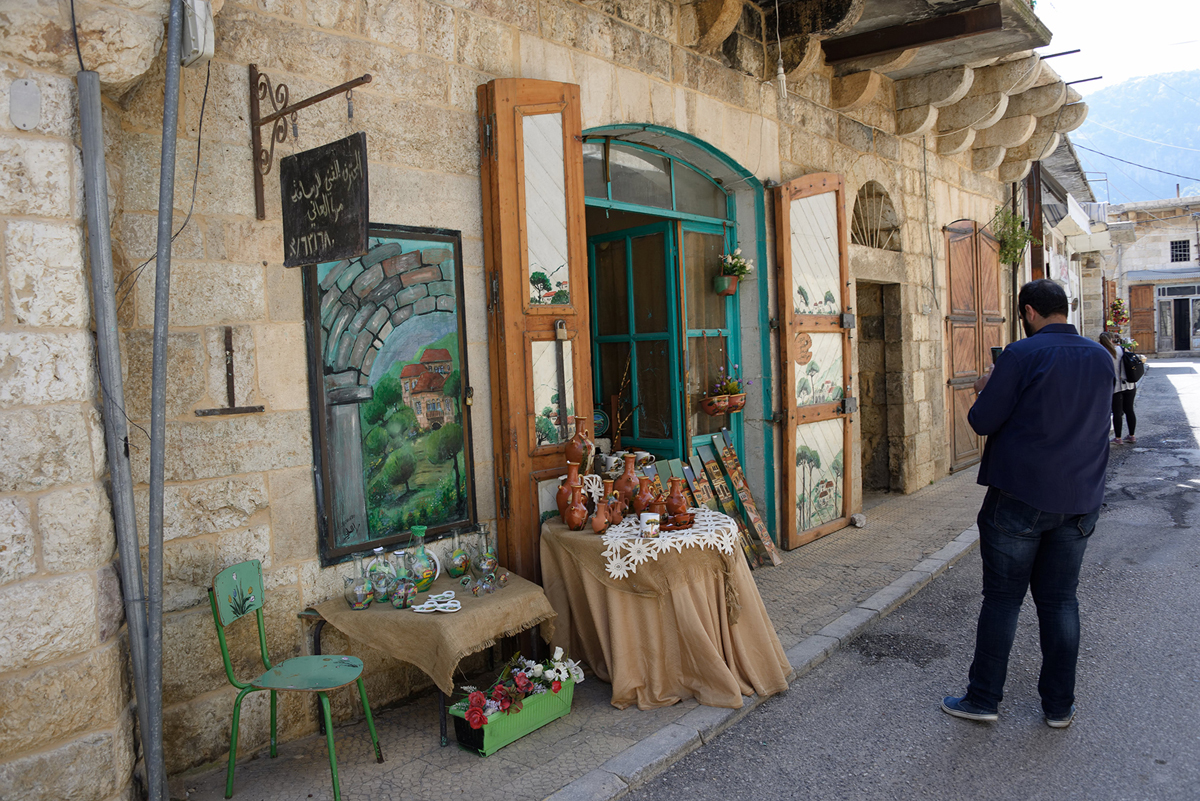
Photo – Joe Sokhn
Douma
Douma is a traditional Lebanese village with stone houses featuring red-tiled roofs, noise-free streets and a charming souk. Its souk — referred to as “Al Bandar” — played a significant role in strengthening the town’s economy by carrying goods from Damascus and the Bekaa, as well as cedarwood to build ships. It is picture-perfect with its arcaded stone shops and ancient monasteries and churches. There are quaint stores selling local and artisanal crafts and inexpensive goods. Previously, there were tailor shops, shoemakers, woodcarvers and furniture manufacturers.
Today, the renovated souk is quiet. Many of the stores that remain open sell delicacies such as halawa and loukoum. The Doumanian Coffee Shop (+961 71 186622) is a well-known spot to enjoy some Lebanese specialties, and Zahlawi (+961 6 520717) is the place for delicious ice cream. You can also pass by the heritage museum near the souk to learn more about the history of Douma.
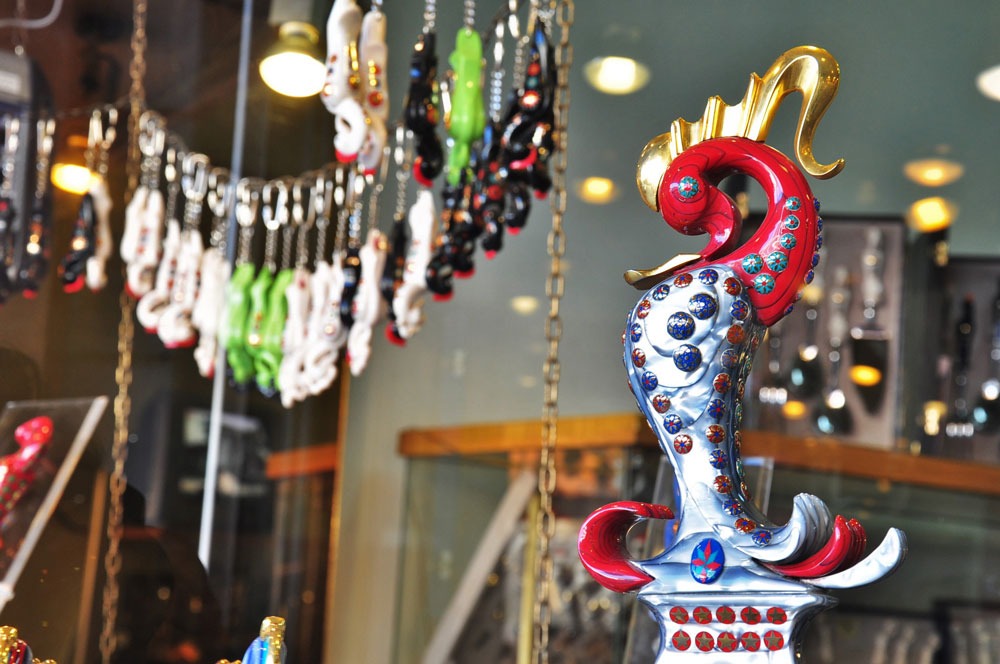 Jezzine
Jezzine
Souk El Sedd stands in the heart of Jezzine, where you can discover many craft shops selling the region’s famous firebird cutlery. Visit Abdelnour (+961 3 719602), Abou Rashed (+961 7 780082), Aoun (+961 7 781099) and Haddad (+961 3 683369). You’ll also find mouneh and traditional food products.
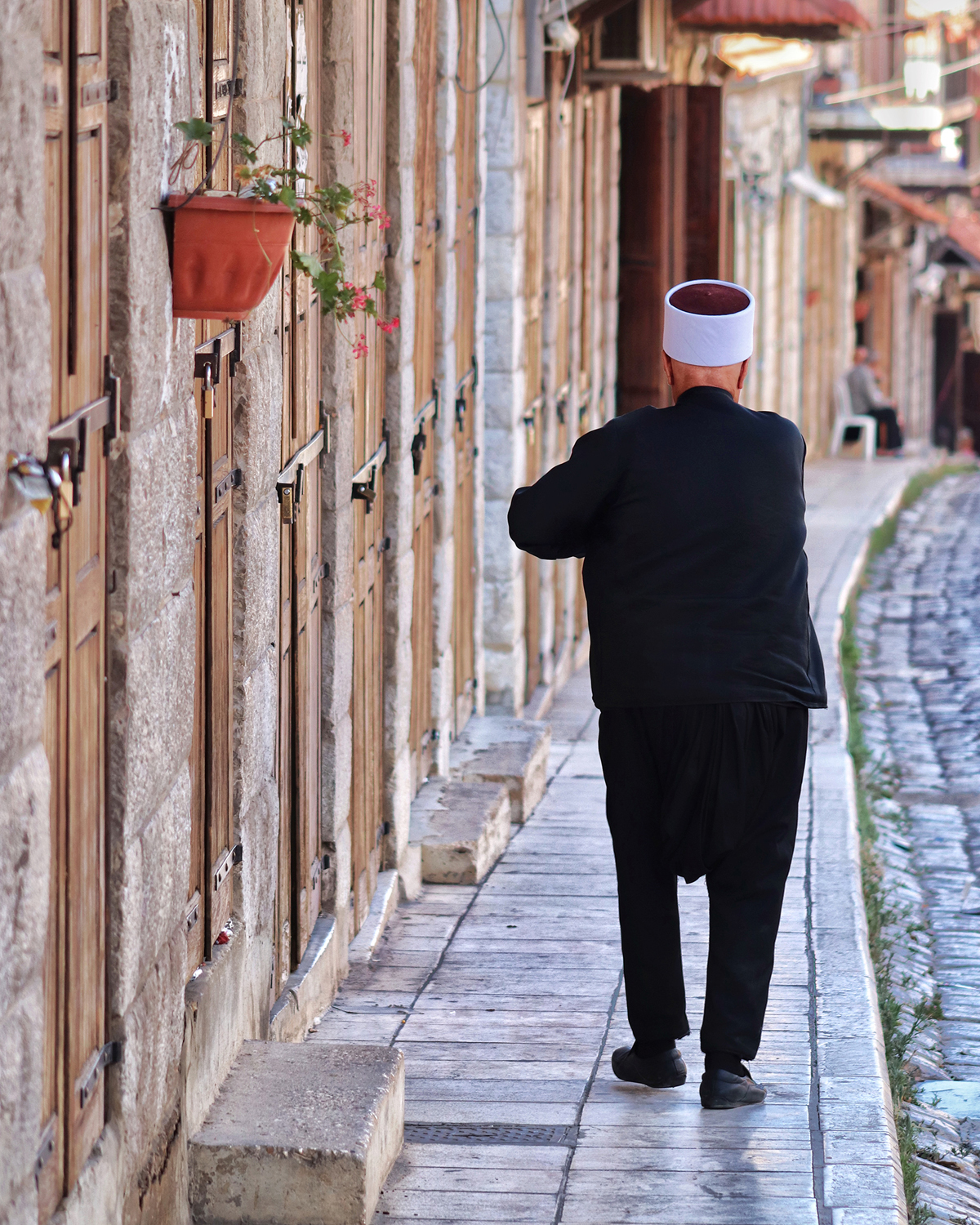
Photo – Buddcorp
Rachaya
Rachaya El Wadi is located in the heart of the valley of Wadi Al Taym, at the foot of Mount Hermon. The local souk is one of the oldest in Lebanon, dating back to the 17th century.
You will find local shops famed for their traditional crafts, particularly silver jewelry and stove making (+961 70 567755). Watch master jeweler Nadim Halabi work on his unique gold and diamond pieces at Halabi Jewellery (+961 8 590564) and stop by silver craftsman Issam El Makt (+961 70 928694) and Assaad El Laham Gold Souk (+961 8 590640). Don’t forget to pick up local spices and products from Al Ghilal (+961 70 737476).
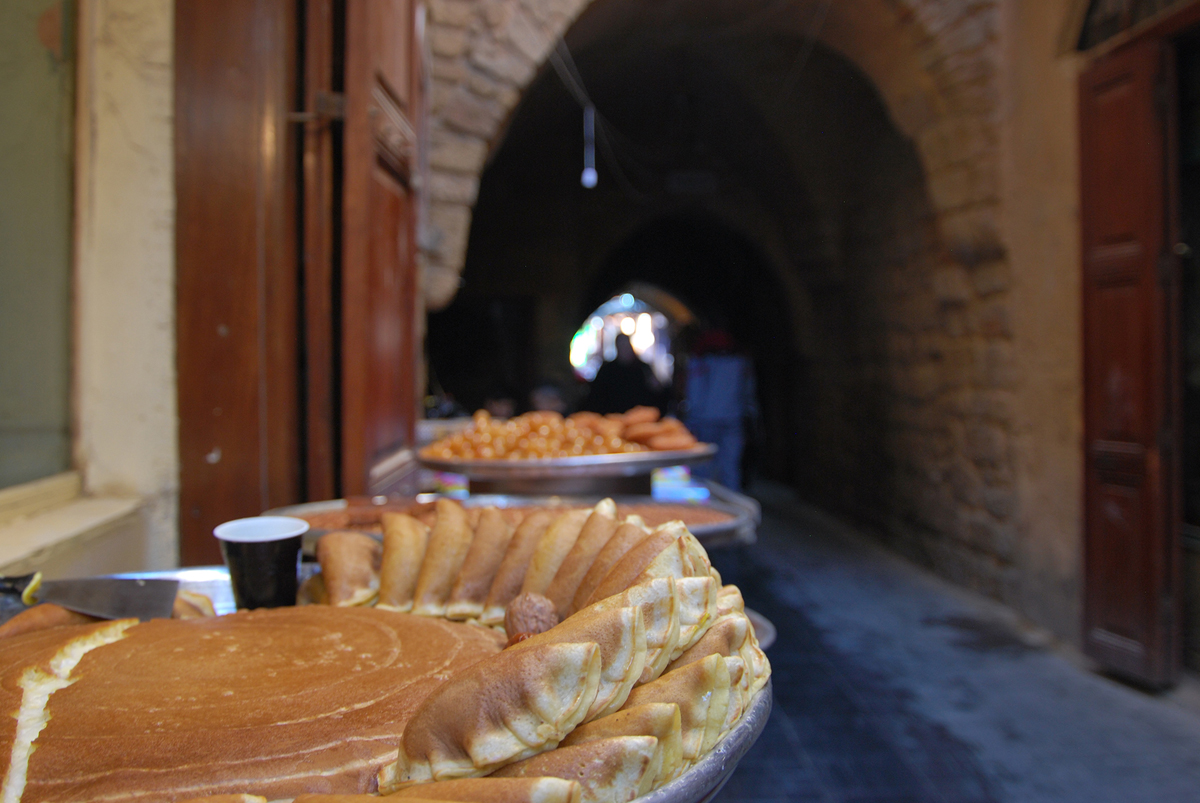 Saida
Saida
The old souk of Saida is a hive of activity. Made of stone archways, this authentic marketplace is home to traders selling everything from fruits to homemade soaps.
Within the souk, you’ll find numerous landmarks including: the Omari and Bab El Saray Mosques, boasting beautiful architecture; the Saida Soap Museum (soapmuseumsaida.com), illustrating the history of soap making; and Debbane Palace (museumsaida.org), an Ottoman gem. If you’re in the mood for some Lebanese street food, try the falafel at Akkawi (+961 7 723401) or Falafel Abou Rami (+961 7 721907). The manouche at Furn El Naddaf (+961 70 881068) is also worth tasting, as are the traditional Lebanese sweets at Al Kassir (+961 7 720536) and Al Baba (+961 7 720678).
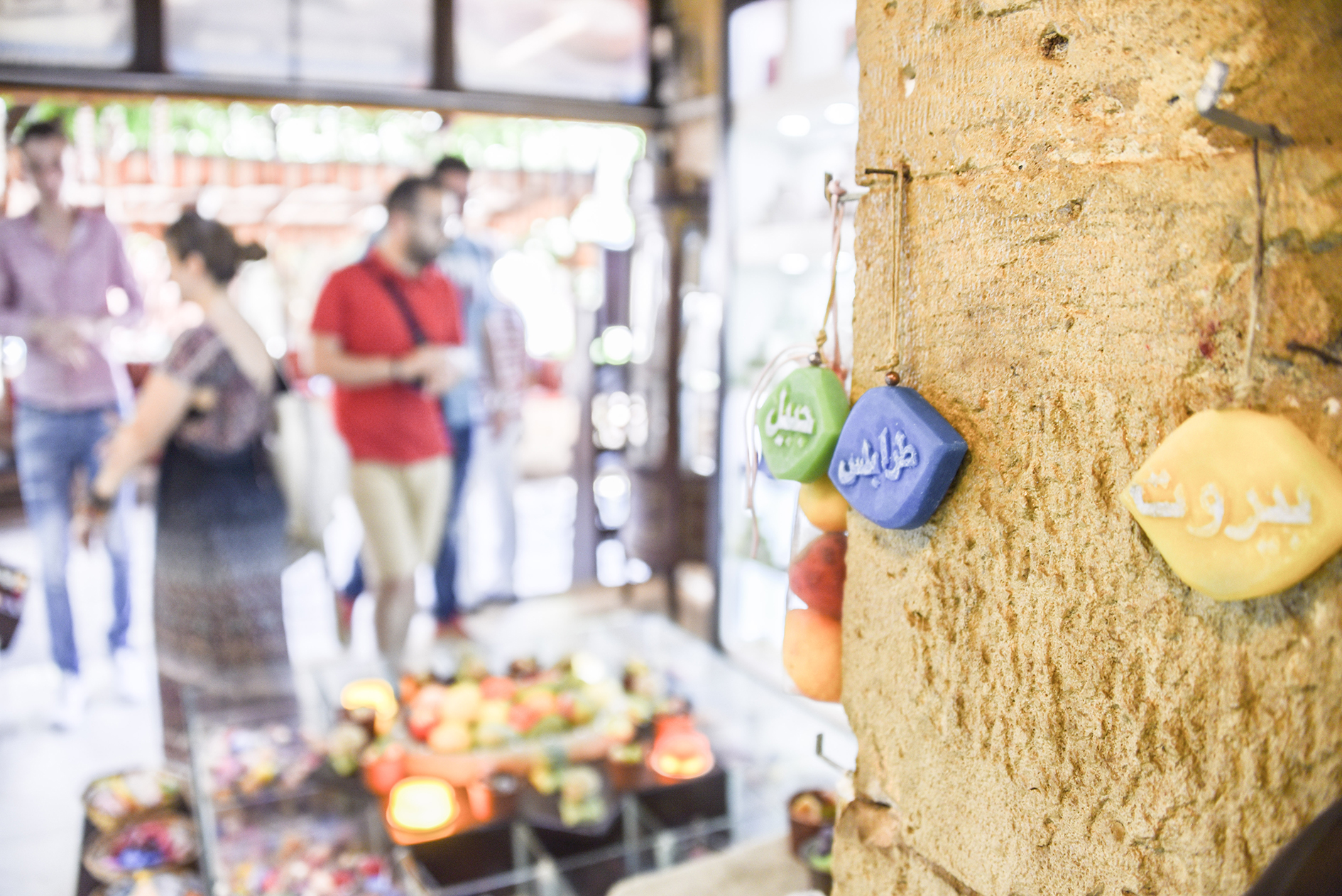
Photo – Joe Sokhn
Tripoli
This northern city has the largest and busiest souk, which is in fact made up of nine souks including the tailors’, the tanners’, the coppersmiths’, the goldsmiths’ and the carpenters’. The souk also comprises old schools, hammams and mosques.
Tripoli is known for its centuries-old soapmaking industry. Stop by Khan Al Saboun (khanalsaboun.net) to discover the range of aromatic and therapeutic soaps, essential oils and creams, and visit Mohammad Sharkass (+961 70 208817 / 6 425857) who works in the Khan El Masriyyin and preserves the family business that dates back to the 14th century. Also dotted around the souk are the hammams, many of which resemble Hammam El Jadid — empty and in need of restoration. The 500-year-old Hammam Abed (+961 3 724556) is still open to men.
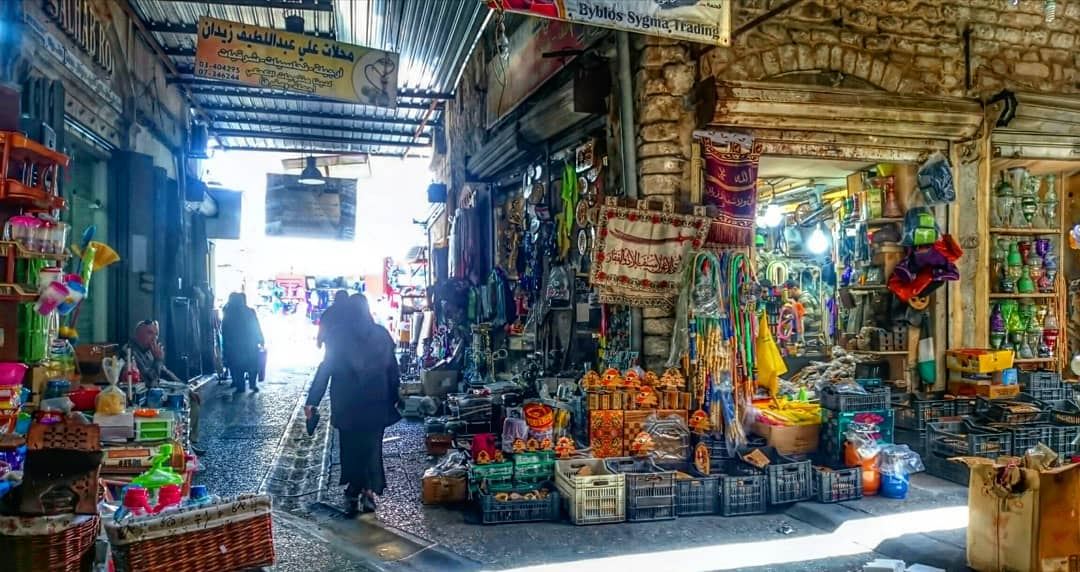 Tyre
Tyre
Take a walk through the old souk of Tyre and you will find plenty of little shops selling gold, copper, vegetables, fish, meat, clothing and antiques. After your adventure, enjoy a bite at Mahfouz (+961 7 740131), which has been serving up delicious sandwiches since 1952. Alternatively, eat foul and hummus at Baroud (+961 81 612094) or Mazraani, the most popular stops in town.
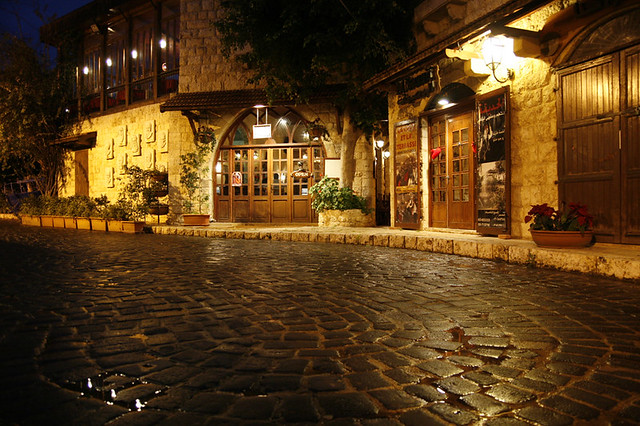 Zouk Mikael
Zouk Mikael
Built in the 17th century, the old souk of Zouk Mikael is charming whether you’re visiting during the day or at night. This souk is well known for its weaving looms, handmade jewelry, carpentry, embroidery and marzipan.
Salim Saade is one of the few loom weavers who continues to work in the souk. To preserve the heritage of the area, the municipality of Zouk Mikael established the House of the Artisan, where regular exhibitions take place. In addition to its traditional crafts, Zouk Mikhael’s souk includes a historical khan, cafés and restaurants.
Loading
